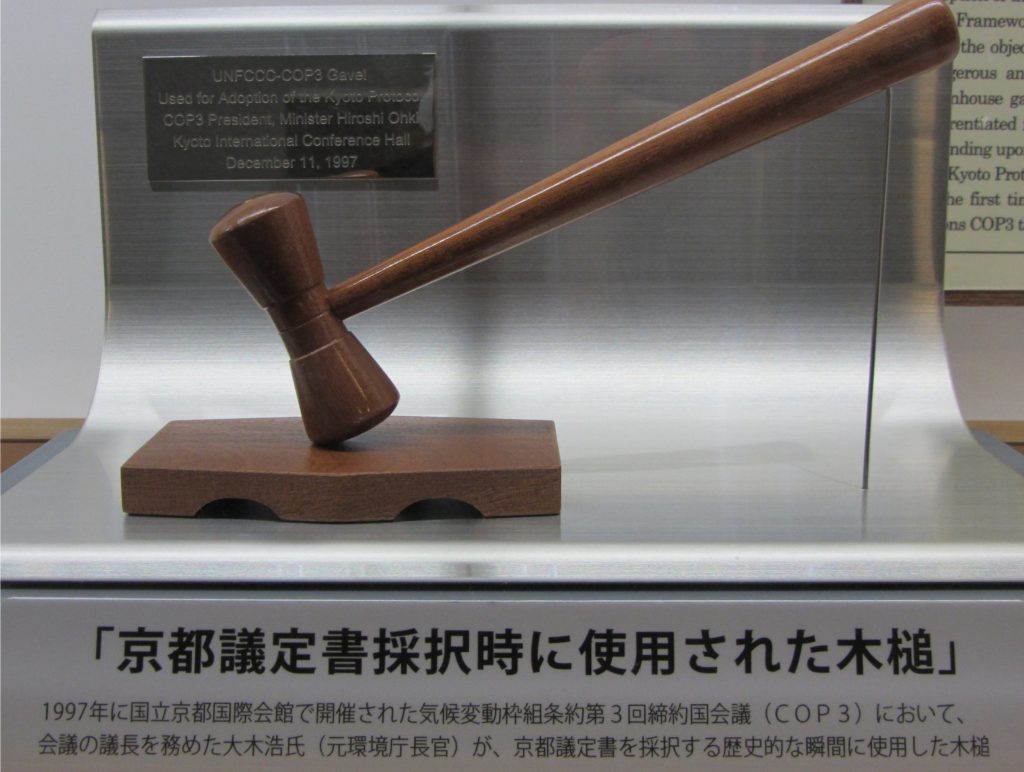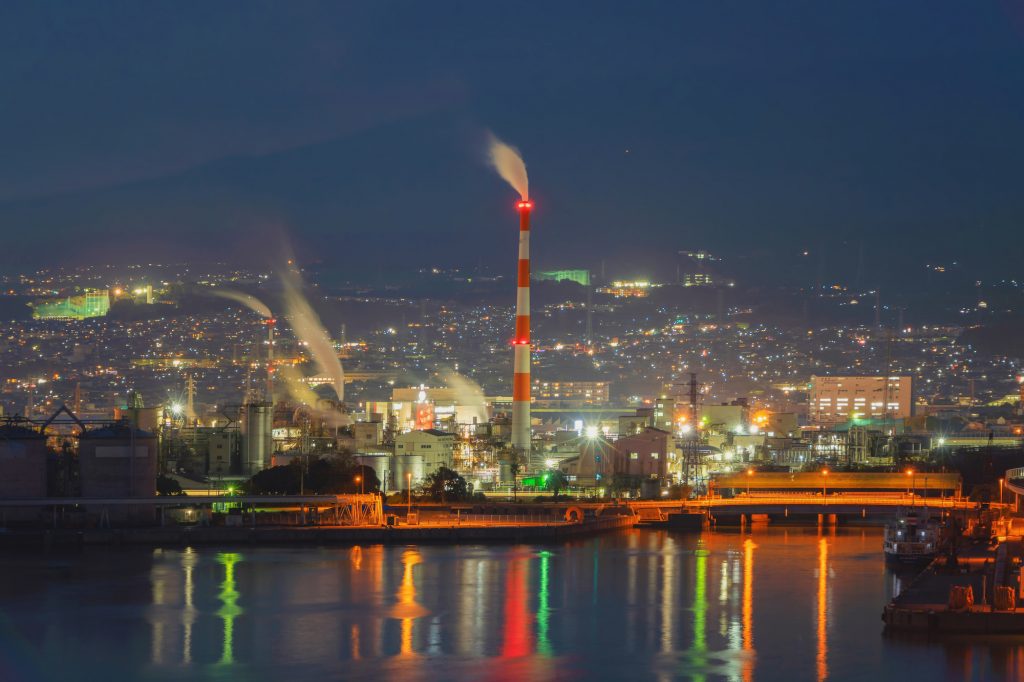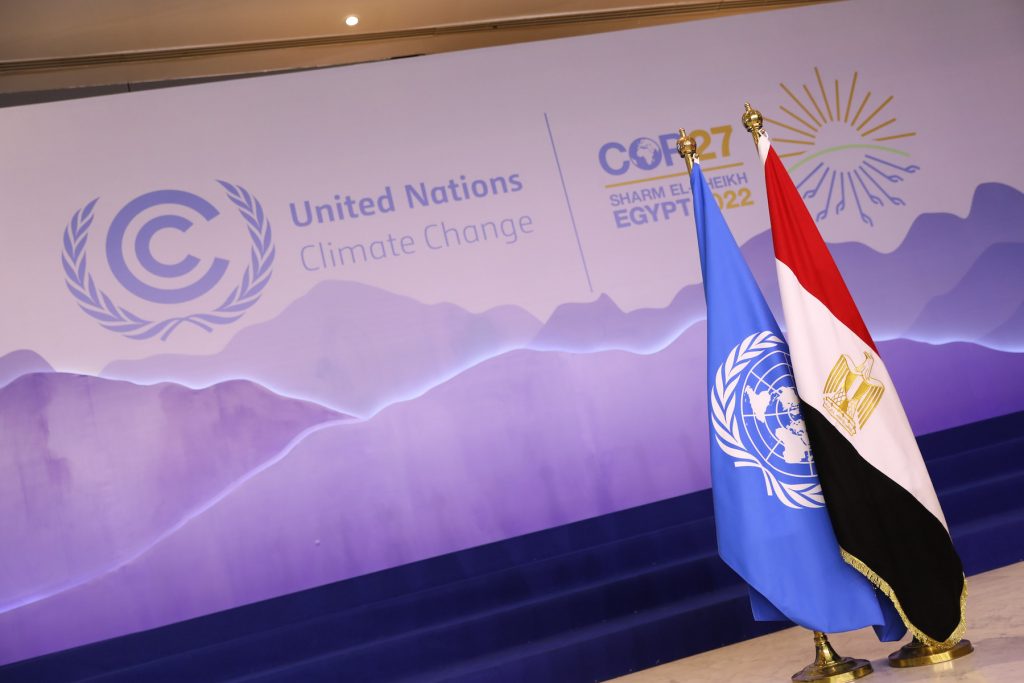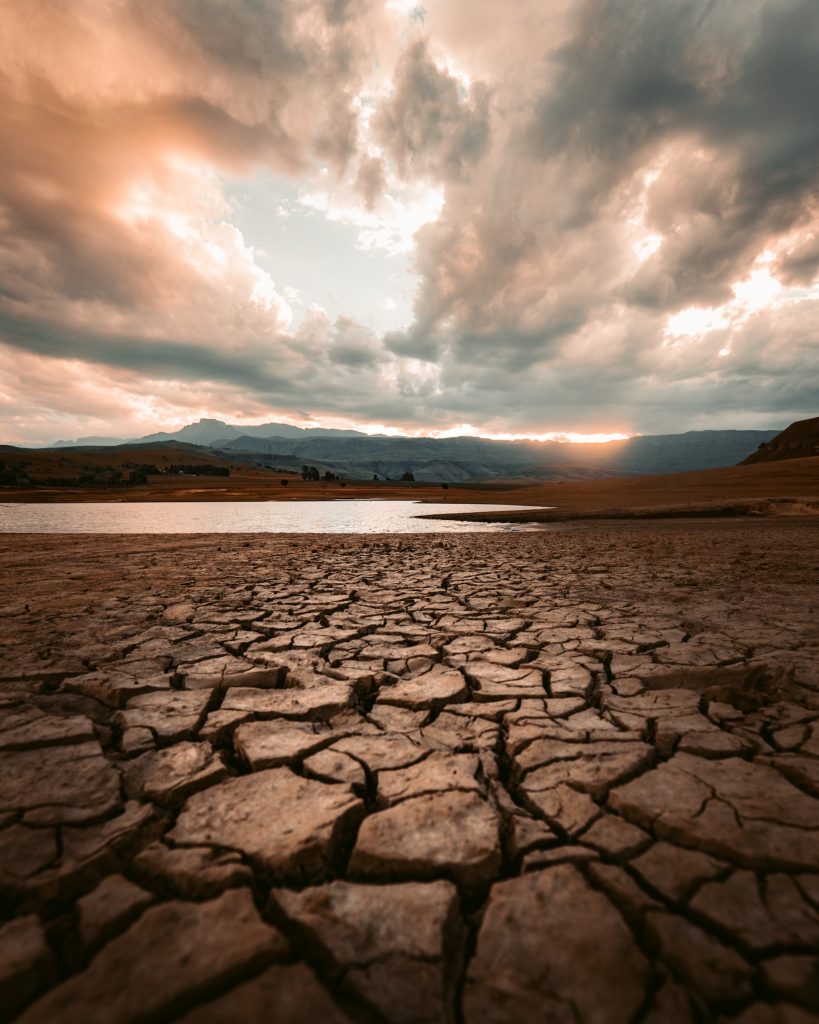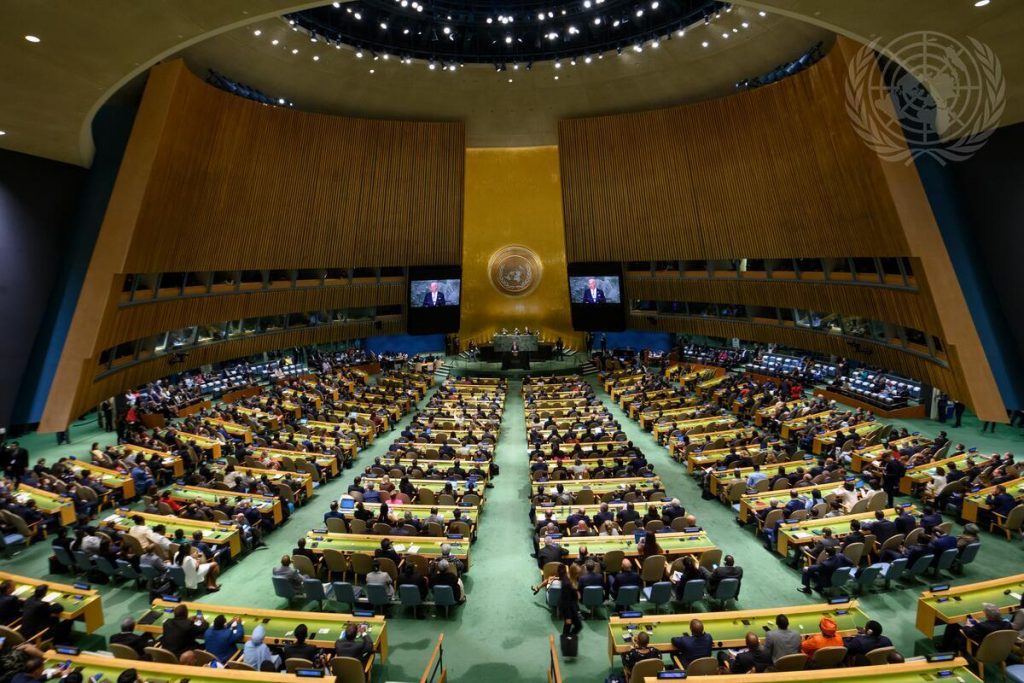“A historic moment for the ocean” – international reactions to the new High Seas Treaty
Top ranking representatives of international institutions, opinion leaders, diplomats, scientists and civil society: from emotional reactions to pragmatic comments, the international community hails the Marine Biodiversity of Areas Beyond National Jurisdiction (BBJN) treaty. After almost two decades of negotiations, a two-week-long conference, more than 48 hours of talks, international efforts led to an agreement for the conservation and protection of ocean areas that fall beyond national borders.





